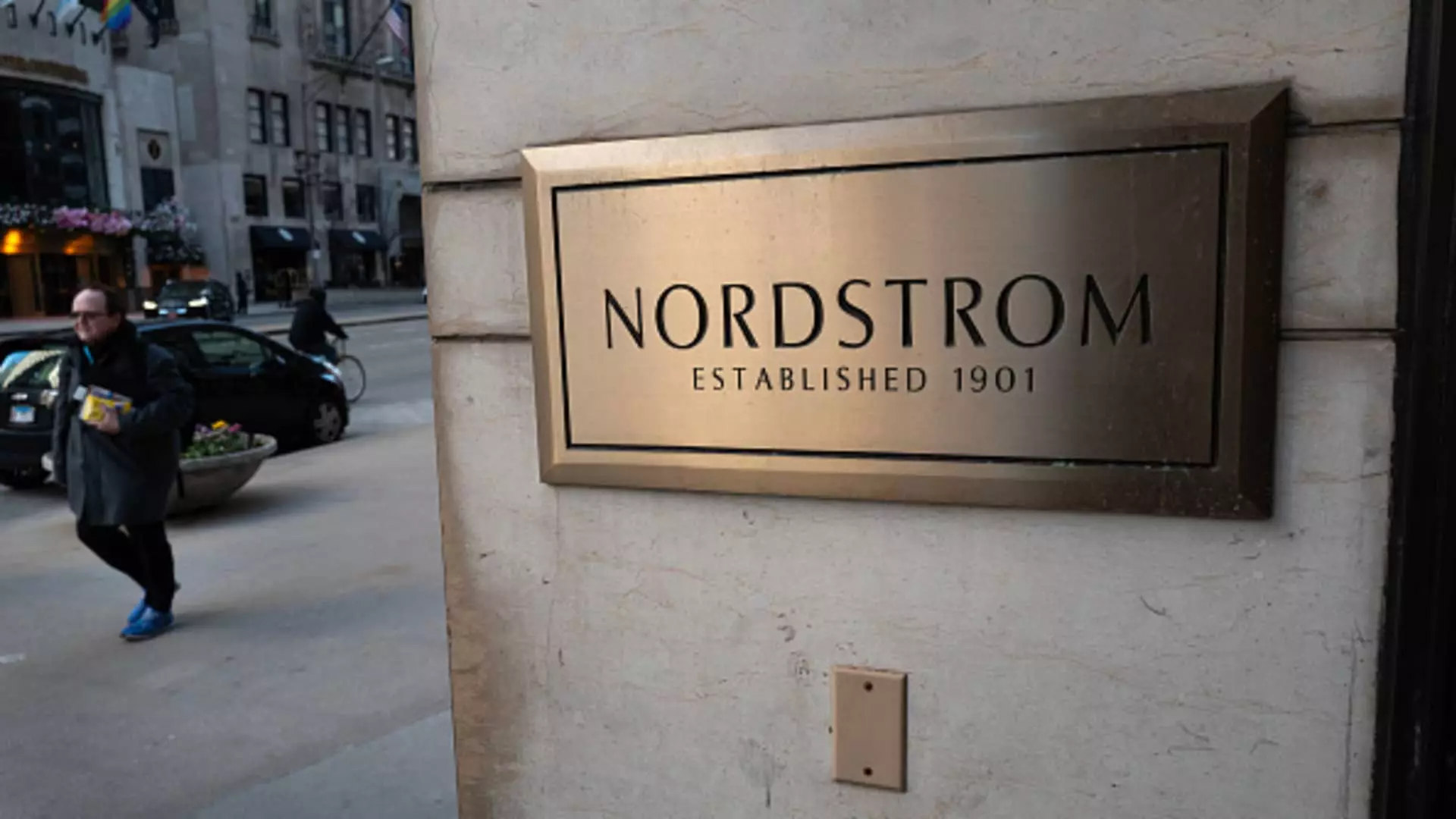In a decisive shift towards privatization, Nordstrom Inc. has announced an agreement for a buyout deal estimated at approximately $6.25 billion. This transaction, orchestrated by the founding Nordstrom family in collaboration with the Mexican retail giant El Puerto de Liverpool, marks a significant development for the 122-year-old retailer. Under the deal’s terms, the Nordstrom family will retain a majority stake, owning 50.1% of the company, while Liverpool acquires 49.9%. This strategic decision, unanimously approved by the board of directors, is expected to finalize in the first half of 2025. This dual-ownership model raises questions about the future direction and operational autonomy of Nordstrom, particularly in an evolving retail landscape.
Common shareholders will benefit financially from this transition, receiving $24.25 in cash for each share they own. This provides a premium for current investors, especially given the turbulence in retail stock markets where consumer spending habits are shifting. However, the recent decline of Nordstrom’s stock price illustrates the challenges lingering in the retail sector, as highlighted by the 1% drop in early trading post-announcement. In contrast to this buyout plan, the previous attempt for the company to go private fell short in 2018, reflecting the highs and lows of Nordstrom’s stock performance and its complex relationship with its shareholders.
Erik Nordstrom, the company’s CEO, expressed optimism about this transition, framing it as an opportunity to refocus on Nordstrom’s founding principle of enhancing customer satisfaction. However, the question remains whether this strategy will translate into a robust competitive advantage in a retail environment where consumer preferences are volatile. Despite reporting a 4% revenue increase in the fiscal third quarter, the company’s cautious outlook for the holiday season suggests that issues related to discretionary spending are far from resolved.
Challenges Facing Luxury Retailers
The retail sector, particularly luxury clothing stores like Nordstrom, faces unique challenges. Recent reports from industry giants such as Walmart and Target indicate that customers are increasingly discerning, prioritizing essential purchases over luxury items. As Nordstrom aims to compete in a demanding market landscape, it will need to refine its value proposition and adapt to changing consumer expectations to maintain its reputation as a luxury retailer.
Nordstrom’s move to privatize represents both a risk and an opportunity within a highly competitive retail environment. The partnership with El Puerto de Liverpool may provide necessary resources to navigate these challenges, but success will depend on strategic execution and responsiveness to market demands. As Nordstrom embarks on this new chapter, it must ensure that it not only survives but thrives in an era marked by shifting consumer behavior and economic uncertainty. How effectively the company adapts to these elements will undoubtedly shape its destiny in the years ahead.

Leave a Reply